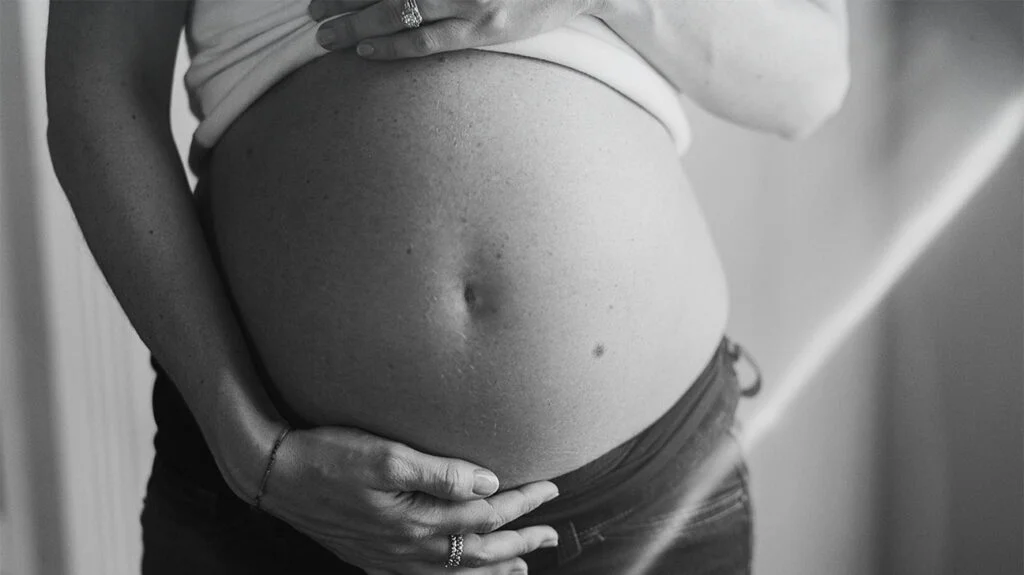Rape-related pregnancy (RRP) is a public health problem where sexual violence (SV) and reproductive health connect. In the National Intimate Partner and Sexual Violence Survey (NISVS), RRP includes pregnancy that a rape victim attributed to rape.
Women, in particular, are vulnerable to rape. There are a number of short-term health consequences of rape including injury, sexually transmitted infection, and pregnancy. My description of rape’s effects pales in comparison to actually experiencing the violation, the dehumanization, and the life-long trauma that rape survivors suffer. Rape and the fear of being raped create for women a persistent wariness.
Women feel they need to always be looking over their shoulders, ready to fight back against such a brutal attack. One in six American women will be the victims of rape at some point in their lives. In 2017, just under a hundred thousand women reported being raped, the highest number in over 20 years. Unfortunately, only a quarter of victims report the rape to the police. As a result, that means the true number is sadly much, much higher.
- Trapped in Fear: Child Marriage and the Shadow of Domestic Violence in Northern Nigeria - August 6, 2024
- The Power of Media Representation - May 23, 2024
- Game On: Unleashing the Power of Sports for Girls’ Empowerment - May 23, 2024



